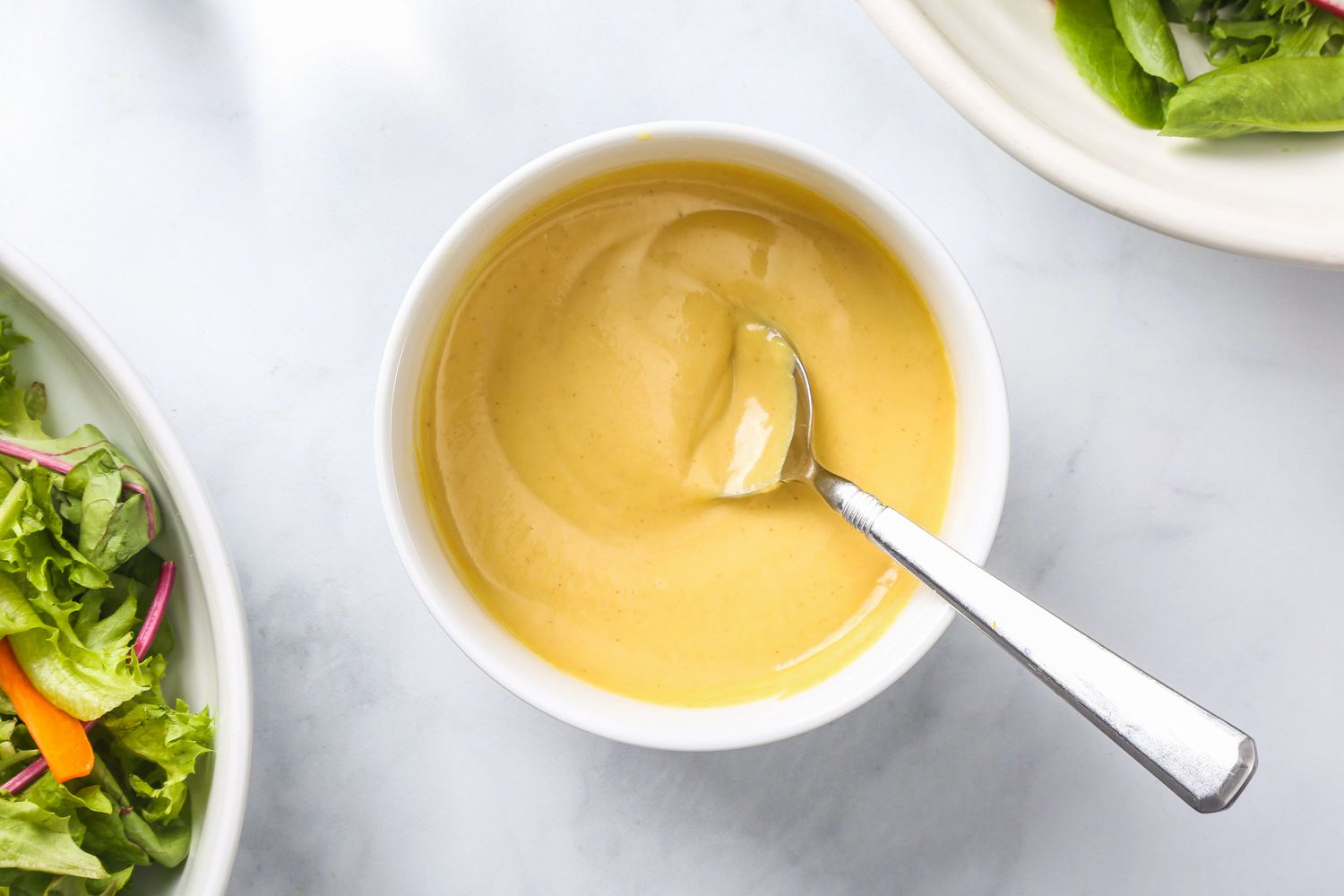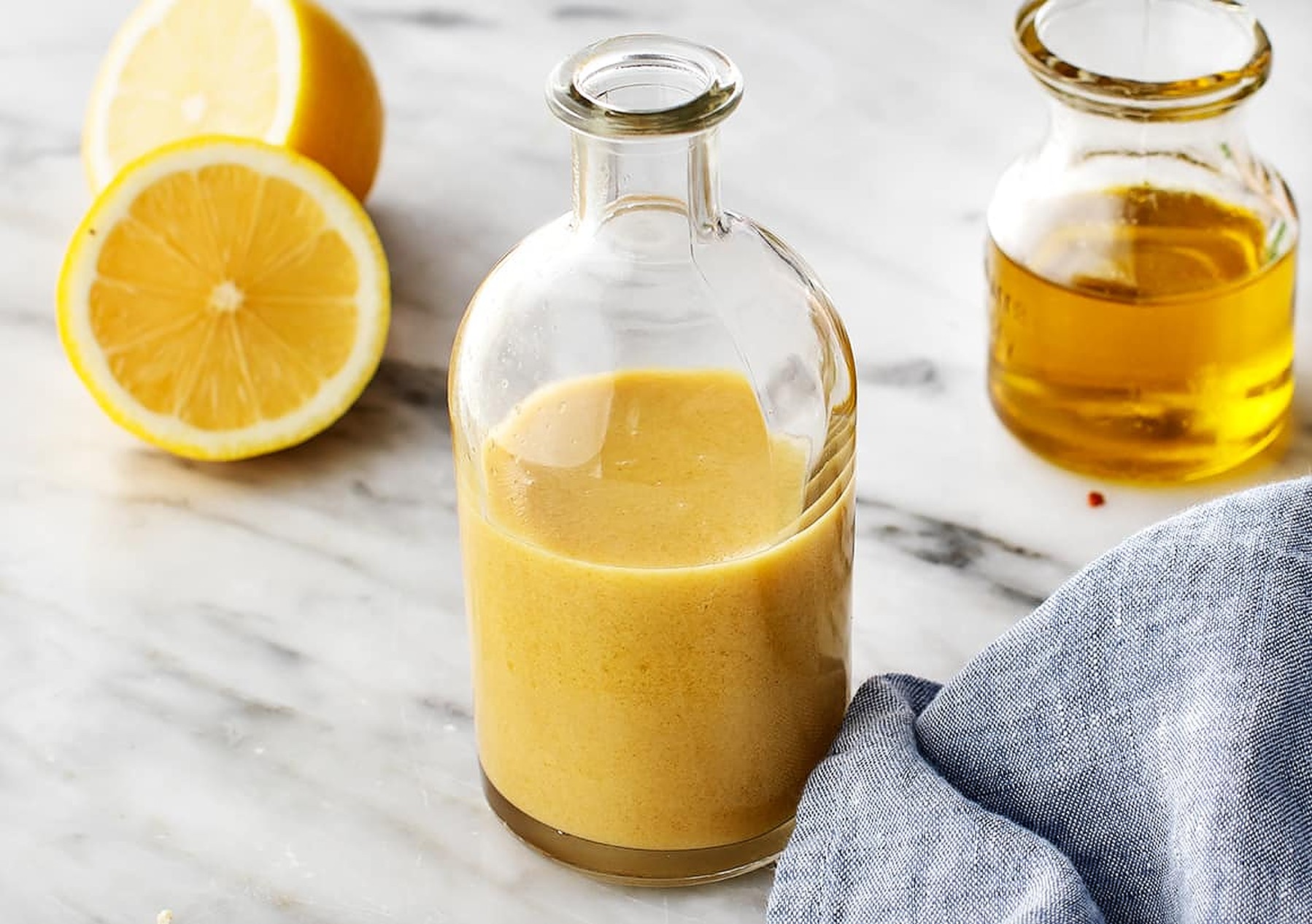
Honey mustard is a popular condiment that combines the sweetness of honey with the tangy kick of mustard. It’s a versatile sauce that can be used as a dressing, dip, or marinade, and it pairs well with a variety of dishes. But have you ever wondered about the nutritional value of honey mustard? In this article, we will delve into the 15 honey mustard nutrition facts that you need to know. So let’s dive in!
Calories and Serving Size
- A typical serving size of honey mustard is about 1 tablespoon.
- This serving contains approximately 60 calories.
Macronutrients
- Honey mustard is a low-fat condiment, making it a healthier option compared to other dressings and sauces.
- It contains negligible amounts of saturated fats.
Carbohydrates and Fiber
- Honey mustard is relatively low in carbohydrates, with around 5 grams per serving.
- However, it does not provide a significant amount of dietary fiber.
Sugar Content
- Honey mustard gets its hint of sweetness from the honey.
- A serving of honey mustard can contain approximately 4 grams of sugar.

Protein
- While honey mustard is not a significant source of protein, it still provides a small amount, approximately 1 gram per serving.
Sodium
- Honey mustard can be high in sodium, which is an essential mineral but should be consumed in moderation.
- A single serving of honey mustard may contain around 150 milligrams of sodium.
Vitamins and Minerals
- Honey mustard contains small amounts of various vitamins and minerals, including vitamin C and calcium.
- However, the levels are not significant enough to contribute significantly to your overall nutrient intake.
Antioxidants
- Honey, one of the main ingredients in honey mustard, contains antioxidants.
- These antioxidants can help protect the body against free radicals, which are harmful molecules that can cause damage to cells.
Condiment Portion Control
- While honey mustard can enhance the flavor of your meals, it’s important to exercise portion control.
- Due to its calorie content, excessive consumption of honey mustard can contribute to weight gain.

Healthier Homemade Options
- If you’re concerned about the sugar or sodium content in store-bought honey mustard, consider making your own.
- Homemade honey mustard allows you to control the ingredients and adjust the flavors to your preference.
Honey Mustard and Salads
- Honey mustard can be a delicious and healthier alternative to high-calorie dressings on salads.
- It adds a burst of flavor without packing on excessive calories.
Honey Mustard and Sandwiches
- Honey mustard can elevate the taste of your sandwiches.
- Use it as a spread or a dipping sauce for a delightful combination of flavors.
Honey Mustard as a Marinade
- Honey mustard can be used as a marinade for meats, adding a tangy and slightly sweet taste to your dishes.
- Marinating your protein in honey mustard can enhance its flavor and help tenderize the meat.
Pairing Honey Mustard with Vegetables
- Honey mustard is a fantastic accompaniment to roasted or steamed vegetables.
- It adds a zing to the natural flavors of the veggies.
Honey Mustard and Dipping Sauces
- Honey mustard is a versatile sauce that can be used as a dip for various finger foods, such as chicken nuggets, fries, or pretzels.
- It provides a tasty balance of sweet and tangy flavors.
Conclusion
Honey mustard is a delicious condiment that can enhance the taste of your favorite dishes. While it does contain calories, sugar, and sodium, it can still be enjoyed as part of a balanced diet when consumed in moderation. By understanding the nutritional facts of honey mustard, you can make informed choices about its usage and reap its flavorful benefits.
Frequently Asked Questions (FAQs)
Is honey mustard gluten-free?
Honey mustard can contain gluten if it’s made with ingredients like wheat-based mustard or malt vinegar. However, there are gluten-free varieties available in the market. Always check the label or choose a certified gluten-free option if you have dietary restrictions.
Can honey mustard be part of a low-calorie diet?
Yes, honey mustard can be part of a low-calorie diet if consumed in moderation. Be mindful of the portion size and choose lower-calorie versions or make your own with reduced-calorie ingredients.
Is honey mustard suitable for vegetarians and vegans?
Honey mustard is typically vegetarian, but not vegan. It contains honey, which is derived from bees. Vegans may choose to substitute honey with a plant-based alternative, such as agave nectar or maple syrup, to make a vegan-friendly version of honey mustard.
Can people with diabetes consume honey mustard?
People with diabetes can consume honey mustard, but they need to be mindful of the sugar content and portion size. It’s important to consult with a healthcare professional or a registered dietitian to incorporate honey mustard into a diabetes-friendly meal plan.
Does honey mustard provide any health benefits?
Honey mustard contains antioxidants from honey and can contribute to your overall antioxidant intake. However, the amounts are relatively small, and they should be consumed as part of a balanced diet alongside other nutrient-rich foods.
Was this page helpful?
Our commitment to delivering trustworthy and engaging content is at the heart of what we do. Each fact on our site is contributed by real users like you, bringing a wealth of diverse insights and information. To ensure the highest standards of accuracy and reliability, our dedicated editors meticulously review each submission. This process guarantees that the facts we share are not only fascinating but also credible. Trust in our commitment to quality and authenticity as you explore and learn with us.
